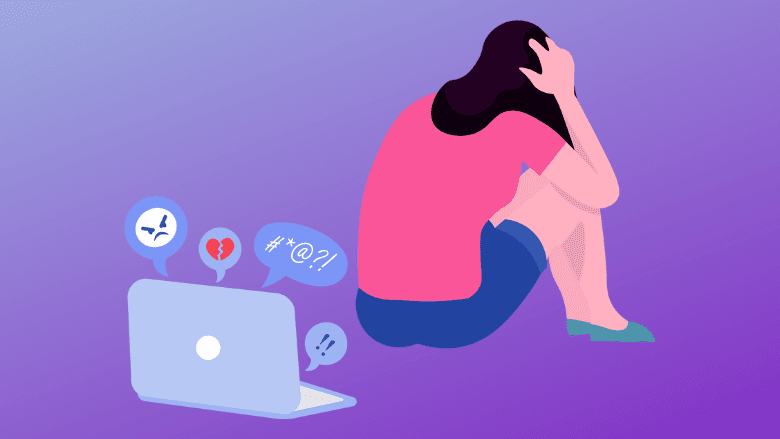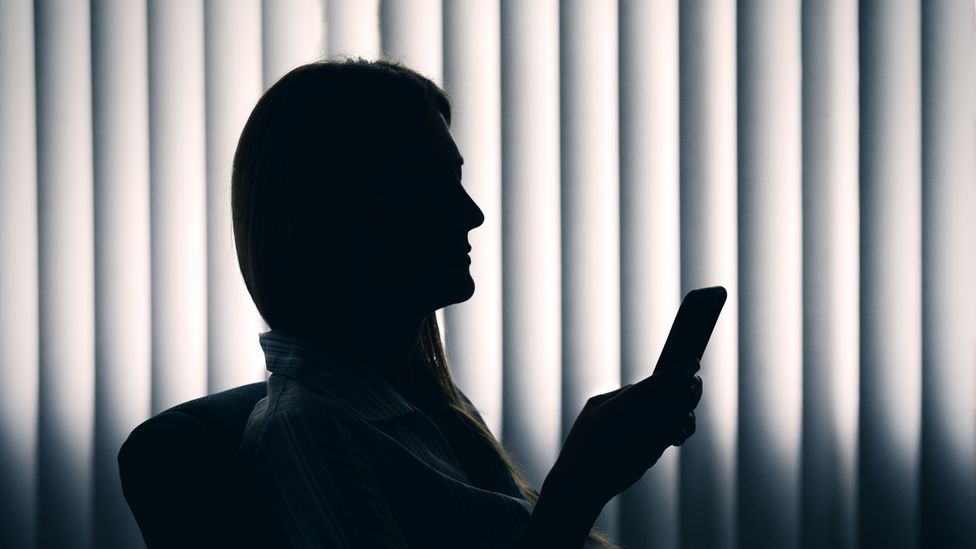Social media harassment in Pakistan refers to the use of social media platforms to harass, bully, or threaten individuals within the country. This can take many forms, including online bullying, cyberstalking, and hate speech. Social media harassment can cause significant emotional distress and can have a negative impact on an individual’s mental health. It can also lead to more severe problems such as depression, anxiety, and even suicide. Social media harassment can happen to anyone, regardless of age, gender, or background.
It can happen on any social media platform, including Facebook, Twitter, Instagram, and TikTok. It’s important to note that social media harassment is not only a violation of an individual’s privacy but also a criminal offense in Pakistan. It’s important for individuals to take action as well by blocking the person who is harassing them, reporting the problem to the social media platform and, if necessary, seeking legal advice.
Psychological effects of social media harassment:
The psychological impact of social media harassment can be severe and long-lasting. Victims of social media harassment may experience a range of negative emotions, such as fear, anxiety, and depression. These emotions can be exacerbated by the constant nature of social media, where harassment can occur at any time, making it difficult for the victim to escape the situation. The constant barrage of negative comments and messages can also lead to a loss of self-esteem and self-worth.
It can also lead to more severe problems such as anxiety, depression and even suicide. Social media harassment can also cause victims to feel isolated, as they may be hesitant to reach out to friends and family for fear of being judged or not being believed. In addition to these emotional consequences, social media harassment can also lead to physical symptoms such as headaches, sleep disturbances, and loss of appetite. It’s crucial that individuals who are experiencing social media harassment seek support from friends, family, and mental health professionals, and that they take steps to protect themselves from further harassment.
Common Types of Social Media Harassment in Pakistan
Social media harassment in Pakistan can take many forms, but some of the most common types include online bullying, cyberstalking, and hate speech. Online bullying, also known as cyberbullying, refers to the use of social media to torment, threaten, or humiliate an individual. This can include posting hurtful comments or messages, sharing embarrassing images or videos, and creating fake accounts to impersonate the victim. Cyberstalking refers to the use of social media to repeatedly harass or threaten an individual. This can include sending repeated messages or friend requests, posting threatening comments or messages, and sharing the victim’s personal information online.
Hate speech is the use of words or images to incite violence or discrimination against an individual or group based on their race, religion, gender, sexual orientation, or other characteristics. Hate speech can include posting racist or sexist comments, spreading conspiracy theories or rumors, and sharing fake news. These types of social media harassment can have a severe impact on the victim’s mental health and well-being and it’s crucial that individuals who are experiencing social media harassment seek support and take steps to protect themselves from further harassment.
How to prevent Social Media Harassment in Pakistan:
Preventing social media harassment in Pakistan requires a multi-faceted approach that includes education, awareness, and legal action. Here are some steps that can be taken to prevent social media harassment:
- Educate yourself about the different types of social media harassment and the potential consequences.
- Be mindful of the information you share online, and limit the personal information you post.
- Use the privacy settings on your social media accounts to control who can see your posts and personal information.
- Block or report any individuals or accounts that are engaging in harassment or hate speech.
- Seek support from friends, family, and mental health professionals if you are experiencing social media harassment.
- Raise awareness about the issue of social media harassment in your community by speaking out against it and encouraging others to do the same.
It’s important to remember that preventing social media harassment is not just the responsibility of the victims, but also of the society as a whole. By working together, we can create a safer and more inclusive online environment for everyone in Pakistan.
Legal Actions against Social Media Harassment:
Legal action against social media harassment in Pakistan can include both criminal and civil charges. The Federal Investigation Agency (FIA) is responsible for investigating and prosecuting cybercrime, including social media harassment. If the harassment involves threats or violence, the victim can file a police report and press criminal charges. If the harassment is severe, the victim can also file for a restraining order to keep the perpetrator away.
In addition to criminal charges, victims of social media harassment can also seek civil remedies such as filing a civil lawsuit for damages. This can include seeking compensation for any financial losses or emotional distress suffered as a result of the harassment.
The Pakistan Telecommunication Authority (PTA) also plays a role in legal actions of social media harassment by investigating the cases and taking necessary steps to control and prevent it.
It’s important for victims of social media harassment to seek legal advice and take action to protect themselves. It’s also important to report the harassment to the appropriate authorities, whether it be the FIA, PTA or the police. Legal action can not only hold the perpetrator accountable but also serve as a deterrent to others who may engage in similar behavior.
Laws against social media harassment in Pakistan:
Pakistan has laws in place to address the issue of social media harassment. The Prevention of Electronic Crimes Act 2016 (PECA) is the primary law that deals with cybercrime in Pakistan, which includes social media harassment. Under PECA, it is a criminal offense to use electronic communication to bully, threaten, or harass someone. The penalty for such crimes can include fines and imprisonment.
The Pakistan Telecommunication (Re-Organization) Act 1996 also includes provisions for the punishment of those who use telecommunications services to harass or threaten others. The punishment for such crimes can include fines and imprisonment.
In addition to these laws, there are also various other laws in Pakistan, such as the Pakistan Penal Code and the Defamation Ordinance, that can be used to prosecute individuals who engage in social media harassment.
It’s important to note that in addition to these laws, social media platforms themselves also have their own policies and procedures for dealing with harassment. Therefore, it’s important for victims of social media harassment to report the problem to the platform, as well as to the appropriate authorities.
Muhammad Usman Awan is a Blogger and Social Entrepreneur who founded first Anti Harassment Awareness Campaign “Stop Harassment Now”. The Purpose of this campaign is to empower and educate our Girls and Working Women against Harassment.


